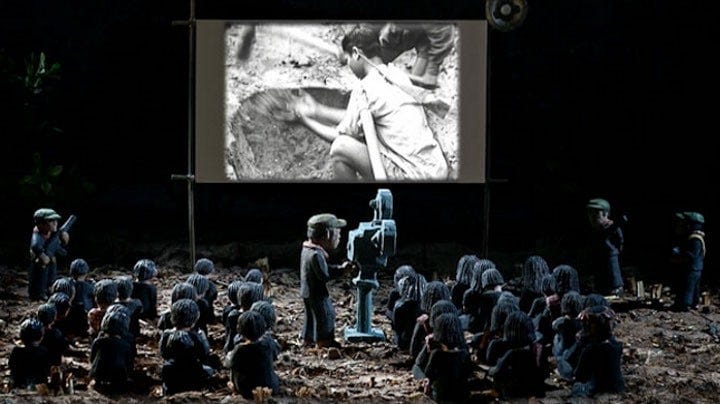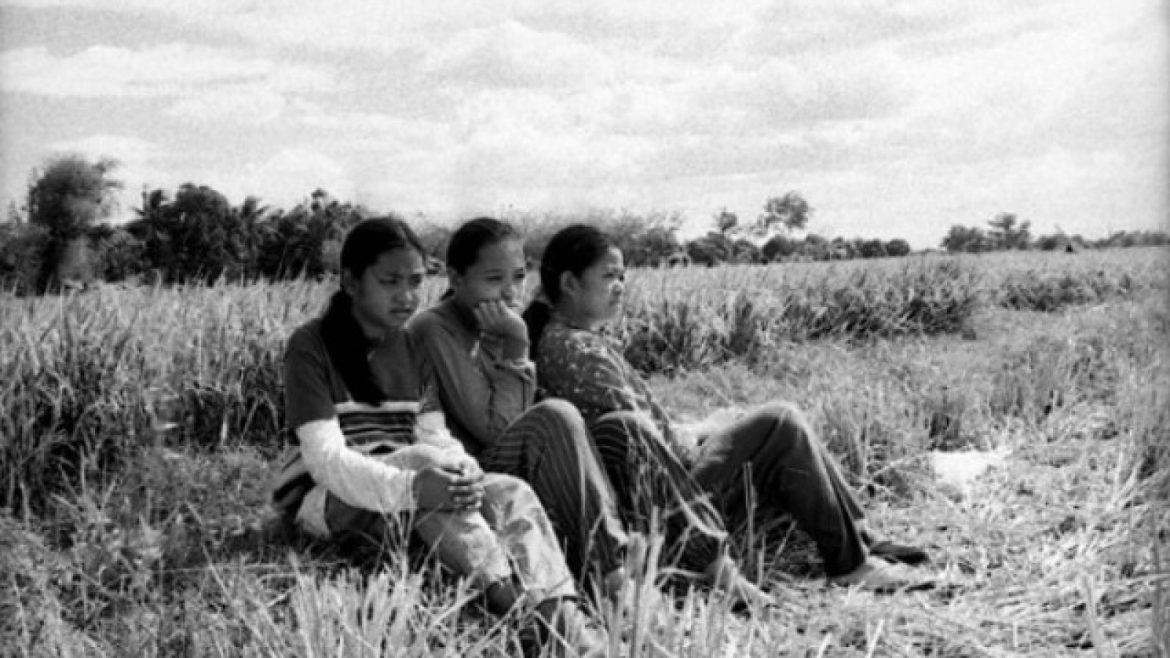The third of Adrian Mendizabal’s essay for his ArtsEquators fellowship, here’s how history is presented through cinema, and the importance of presenting it with the
Tag: Liberatory Memory Work
Filmic Duration and Liberatory Memory Work: Analyzing Lav Diaz’s ‘Evolution of a Filipino Family’ (2004)
Introduction To introduce Lav Diaz and his cinema, the simplest approach is to emphasize his distinctive use of long cinematic duration, which is not merely


